Tahereh Kaghazchi has been widely praised as an exemplary chemist, but her prominence grew when the Association of Academies and Societies of Sciences in Asia (AASSA) published in 2018 Profiles of Women Scientists in Asia, naming her as one of the top scientists in the continent.
During her career, she received several accolades in Iran, including Distinguished Professor in Chemical Engineering in 1993, the year’s best female scientific translator in 1994 and Outstanding Scientific Personality in 2002.
She received her PhD in chemical engineering from the University of Bradford in the United Kingdom and is a member of American Chemical Society. She returned to Iran and is now the deputy dean for research of Amir Kabir University of Technology. She is the head of the petrochemical engineering group of this university and supervises postgraduate and doctoral theses. Kaghazchi is also a permanent member of the Iranian Academy of Sciences and a member of the Iran Petroleum Institute.
Tahereh Kaghazchi was born in Tehran in 1947 and attended Hadaf High School, one of the most distinguished in Tehran at that time. In 1965, she went to the University of Tehran Technical School where she studied chemical engineering. She did her undergraduate and postgraduate studies simultaneously at Tehran University. She went on to marry a fellow outstanding student at the university named Morteza Sohrabi, and they later both studied at the University of Bradford. They returned to Iran after Kaghazchi completed her doctorate in chemical engineering in 1973.
“I owe my interest and progress to my father,” she said in an interview. “Although it was not common or normal for girls to study and work in those days, he would take the lead in any matter that made my scientific progress possible and never impeded my scientific visits. At the time, I was the only female chemical engineering student at the university’s technical school.”
Just 16 days after her return from the UK, Kaghazchi started work as assistant professor of chemical engineering at Aryamehr University of Technology (now Sharif University of Technology) and became a professor a few years later. She taught at the University of Tehran Technical School, Science and Technology University, Ahvaz University of Technology, and University of Kerman (now Kerman Shahid Bahonar University) as a visiting professor.
In 1985, Kaghazchi founded the Department of Food Engineering of the Faculty of Chemical Engineering at Amir Kabir University of Technology. She co-wrote many scientific articles with her husband and they jointly translated the influential book Mass-Transfer Operations by Robert Ewald Treybal. Kaghazchi has published more than 100 scientific articles in internationally renowned journals and has been the source of much research.
Kaghazchi’s husband, Morteza Sohrabi, also received a degree in chemical engineering from the University of Bradford and, as a professor at Tehran University of Technology and Amir Kabir University of Technology, did lectures on mass and energy, thermodynamics of chemical engineering, kinetics and chemical reactor design. He died in March 2015 at the age of 69 after suffering an illness. He was honored as an Outstanding Scientific Personality a year before his wife received the same honor in the field of chemistry.
In a conversation with Iran’s Book News Agency (IBNA) in December 2009, Kaghazchi expressed her joy that more women were attending university: “I see a significant increase in the number of women in research. When I was a student, only one or two girls were accepted as engineering students, but now 60 percent of my students are girls. In my opinion, the future science and research fields belong to women, and the generation that is in charge of the future will be the educated mothers of researchers and scientists.”
She also pointed out the shortcomings of Iran’s education system: “The education process in our country is such that we are destroying talents. These conditions will result in youth depression, repetitive and boring classes, repetitive university entrance tests and extensive unnecessary reading. There are many problems with research in our country. The distribution of research budgets and their amount is very low compared to other countries that do research. They allocate 150,000 to 200,000 tomans for postgraduate research topics, but the research in our field is applied science and requires money and tools, and a lot of money is needed to put theory into practice.”
In her interview for the book Profiles of Women Scientists in Asia, she was asked why she works where she does. She answered: “Human life without science cannot improve. People in countries with large amounts of natural resources, such as gas, oil, minerals, etc., cannot produce wealth from their resources without scientists and engineers. So I think we should encourage our young generation to gain an ability in new technologies and be up to date with new research and advances in related fields. I believe women can be educated and work in different science and engineering fields just as well as men.”
She was asked what she would say to young women who consider a career in science. “Marriage influences work commitments for women but not for men scientists, so one of the important things for young girls is to marry a man who understands and respects educated girls,” she replied. “Another challenge for married women scientists is taking care of children and the household in addition to their workload, and having an understanding husband could make this easier for young women scientists.”
Kaghazchi still lives in Tehran and works at the university.




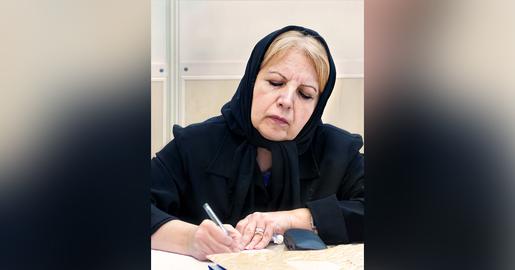








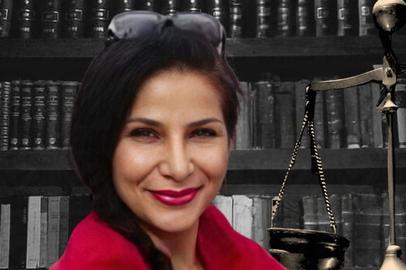


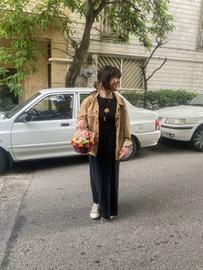
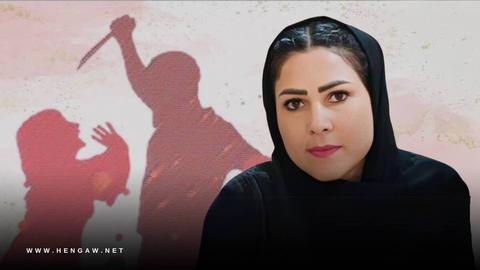





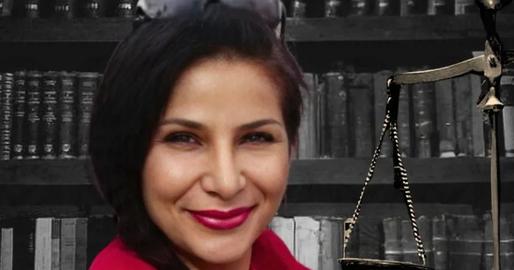
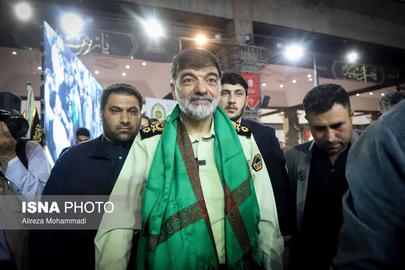

comments